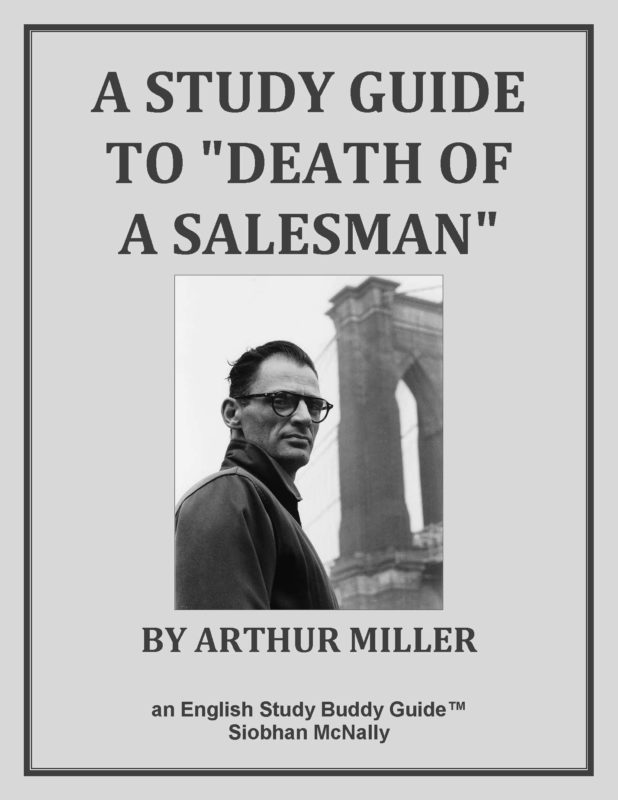
Despite radical cultural-historical differences, tragedy again depends on disgust-shame scripts in the protagonist’s personality structure. Salesman shows the fullest integration of the protagonist’s personality with the play’s dramatic structure. Miller’s Death of a Salesman provides a third example of the disgust-shame dyad and contamination scripts in a tragedy. The simplicity of the play, however, quickly dissolves into filial ambiguity, civic paradox, and philosophic complexity.


He hopes the insurance money will somehow expiate, or at least minimize, the guilt which he feels for his affair at the Standish Arms Hotel a lifetime ago. Realizing that in death he may provide for his family in ways he never could during his lifetime, Willy commits suicide, hoping that his insurance will grant Biff a “twenty-thousand-dollar” deliverance, an extended period of grace. Subtitled “Certain private conversations in two acts and a requiem,” the play has a narrative which unwinds largely through Willy Loman's daydreams, private conversations revealing past family hopes and betrayals, and how those past experiences, commingled with entropic present circumstances, culminate in Willy's death. Its plot revolves around the last twenty-four hours in the life of Willy Loman, the hard-working sixty-three-year-old traveling salesman whose ideas of professional, public success jar with the realities of his private desires and modest accomplishments. Death of a Salesman is a deceptively simple play.


 0 kommentar(er)
0 kommentar(er)
